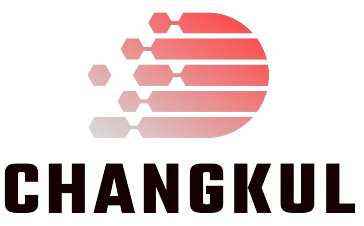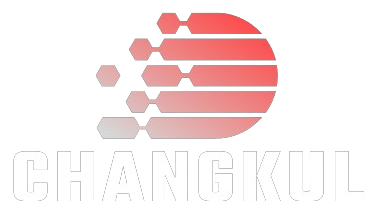On October 30, 2025, the Singapore Police Force (SPF) introduced enforcement measures against key assets linked to Chen Zhi (also often called Vincent) and his business empire, Prince Holding Group (also known as “Prince Group”).
Police issued prohibition orders prohibiting the disposal of six properties and various financial assets – bank accounts, securities accounts and money – with a complete estimated value of greater than A$150 million.
In addition to liquid shares and real estate, the freeze covered luxury goods resembling a yacht, 11 cars and lots of bottles of alcohol.
Who is Chen Zhi and what’s the Prince Group?
Chen Zhi is a Chinese-born businessman from Fujian province with Cambodian citizenship, and US authorities consider he was the organizer of an enormous international fraud and money laundering network.
The Prince Group bills itself as a diversified international conglomerate operating in Cambodia, offering resorts, hotels, property development, financial services and consumer services.
However, behind the façade, he’s accused of running large-scale frauds in Cambodia, where traders or forced laborers were hired to perform fraudulent crypto investment schemes.
Singapore Network
Singapore’s role within the case stems from its financial infrastructure and regulatory environment, which the network exploited to funnel illicit proceeds.
According to the Monetary Authority of Singapore and the SPF, early signs of trouble were flagged in reports to the Suspicious Transaction Reporting Office (STRO).
The investigation formally began in 2024 when the STRO identified financial intelligence related to Chen and his associates.
The SPF, working with its Anti-Money Laundering Coordination and Cooperation Network (AC3N) and international counterparts, used information from the US and UK to arrange the operation.
Allegations and allegations
At the guts of this case are allegations that the Prince Group, led by Chen, used forced labor sites in Cambodia to operate “phone farms” and conducted investment fraud operations that targeted victims all over the world.
US authorities say the network lured victims via social media and fast messaging, promising high returns on cryptocurrency investments after which siphoning off the funds.
The proceeds were then laundered into the true estate industry, consumer enterprises, and crypto channels. Asset seizure in Singapore is especially linked to money laundering and counterfeiting crimes.
Why is that this necessary?
This seizure represents significant progress in Singapore’s fight against transnational organized crime and fraud. As the SPF noted, it’s “a complex, large-scale international fraud network that exploits digital and financial infrastructure across multiple jurisdictions.”
By confiscating assets of such value – including high-value properties and luxury items – Singapore has signaled that its jurisdiction won’t tolerate its systems getting used to transfer illicit money.
On the broader geopolitical scene, this enforcement coincides with the US and UK sanctions imposed on the Prince Group and its affiliates in October 2025.
What awaits us?
Despite the numerous seizure, many key figures, including Chen Zhi, usually are not currently in Singapore and remain the topic of international investigations or extradition proceedings.
The cross-border nature of the alleged crimes – spanning Cambodia, Singapore, the United States, the UK and beyond – means coordination between law enforcement, financial regulators and intelligence units stays crucial.
Moreover, tracing and recovering the complete scale of ill-gotten gains stays a formidable task given the usage of cryptocurrencies, shell entities and offshore structures.
The case also raises questions on how well Singapore and similar financial centers can detect and eliminate misuse of their systems for organized crime.










